Why ITIL Managed Services Matter in an Unstructured World

Technology has become increasingly critical to business success. As a result, more businesses are turning to mobile, cloud, Internet-of-Things (IoT) and Big Data initiatives to quickly and more efficiently deliver innovative products and services while getting a jump on the competition. This means that IT is under increasing pressure to ensure that the solutions they deliver – and how they deliver – fully supports business goals and strategies.
In fact, all the technology in the world is no good unless it closely aligns with business goals and consistently delivers to support the bottom line. That’s the idea behind the Information Technology Infrastructure Library (ITIL) – and why we at OneNeck leverage the ITIL framework within all our managed services.
ITIL is a public framework of best practices guidance for IT service management designed to foster technology-business alignment and business success. Developed in the late 1980s in the UK, ITIL offers practical, strategic guidance for IT service management, designed to optimize the people, process, technology and suppliers within IT to improve business service. The main idea behind this framework is that IT should always view their offerings from the end-user or customer perspective, and continually ask themselves how IT services can best be delivered to meet user requirements and achieve optimal business outcomes.
The ITIL framework specifies best practices for IT service management delivery across five key stages – strategy, design, transition, operation and continual improvement. ITIL enables organizations to achieve:
- Stronger IT-business alignment: As IT processes and lifecycles become standardized, IT can deliver business benefits more predictably and cost-effectively. The idea is to optimize IT to better support business processes.
- Better service delivery and customer satisfaction: Since IT is optimized, it no longer under- or over-provisions services. Instead, the business receives exactly the service it expects, along with clear metrics to support business decision-making.
- Reduced costs and greater visibility: IT optimization also means that IT costs and assets are clearly delineated and understood, enabling the business to better predict overall spend and achieve more granular control over IT budgets.
- Improved risk management: ITIL recommends implementing IT-wide processes for creating, deploying and moving IT services, which lets organizations reduce total risk since each part of the transition is detailed rather than assumed. Similarly, designing (and testing) a business continuity plan focused on business impact and time to recovery lowers the risk of catastrophic loss due to severe weather or equipment failure.
- Increased stability despite constant business change: ITIL ensures IT builds in a feedback loop of process improvement, ensuring that IT remains effective and stable, even as it continues to support new business initiatives.
At OneNeck IT Solutions, we embrace ITIL because we realize that IT’s activities have value only to the degree they support an organization’s business goals. In addition, all of our processes are validated by our commitment to annual audits (SSAE 18 SOC 1). OneNeck delivers our best-practice IT service management via:
- Service Catalog: Our services are defined within a published service catalog, which provides a framework to clearly communicate responsibilities and service levels.
- Standardized Operations Procedures (SOPs): Every process and procedure is standardized and clearly spelled out in the SOP manual.
- Customer Operations Handbook: All customer services are optimized, provisioned and delivered via easy-to-understand processes contained within a customer handbook.
- Customer Runbooks: We also have flexibility via documented procedures specific to our customers in runbooks.
At OneNeck, we believe in adding structure to an unstructured world through tried and proven best practices, because when it comes to our customer’s business, there’s no room for error.
Get more insights on what to look for in a MSP in our Ultimate Buyers Guide to Managed Services.
Topic: managed services




